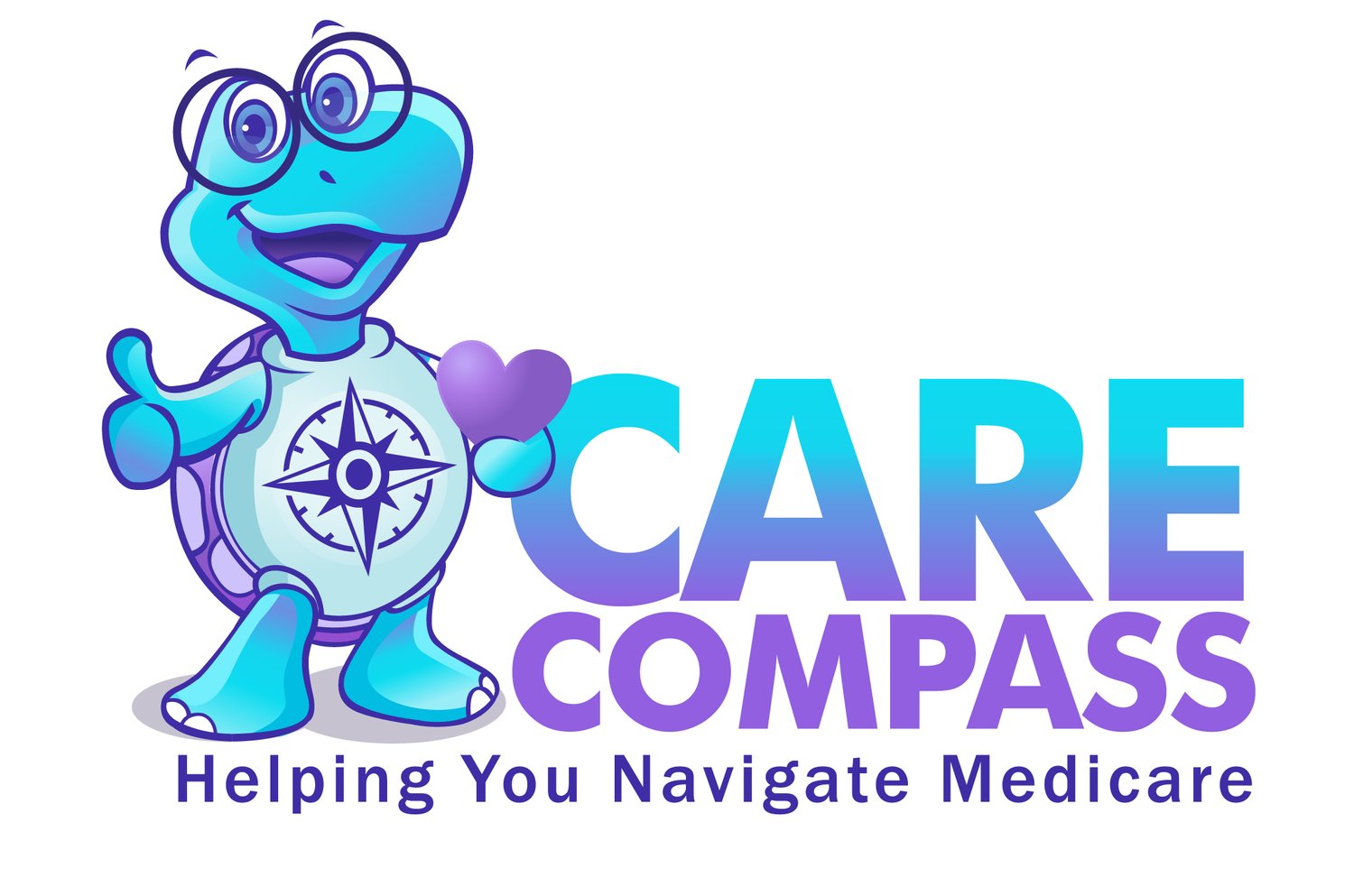What is the Medicare Prescription Payment Plan (MP3)?
The Medicare Part D landscape is undergoing a significant transformation with new policies aimed at tackling the escalating costs of prescription drugs for beneficiaries.
In my previous blog, Medicare Part D: What’s Changing and Why It Matters, I explored how the Inflation Reduction Act has introduced gradual changes focused on negotiating drug prices, capping out-of-pocket expenses, and expanding vaccine coverage. Among the advancements that we’ll see in 2025 is the introduction of the Medicare Prescription Payment Plan - sometimes referred to as MP3 or “Smoothing” - a new initiative designed to help beneficiaries manage their out-of-pocket costs with greater predictability.
Review: Part D Phases
Traditionally, Part D has been divided into four phases—the deductible phase, initial coverage phase, coverage gap (or “donut hole”), and catastrophic phase—each affecting the cost of prescriptions differently. The stage an enrollee is in determines their pharmacy costs, which can vary widely and can be difficult to predict. In 2025, we will see a restructuring, taking the number of “phases” from four to three. The coverage gap/donut hole will be eliminated, leaving the deductible phase, initial coverage phase, and catastrophic phase. However, costs in these stages can still vary at the pharmacy. The goal of the Prescription Payment Plan is to help enrollees better manage their expenses by allowing them to pay their out-of-pocket costs in monthly payments that are spread throughout the year.
Source: United Healthcare
What You Need to Know About The Medicare Prescription Payment Plan
There will be some more information about the Medicare Prescription Payment Plan over the next few months, but here’s everything that you should be aware of now:
All Medicare prescription drug plans - including standalone prescription drug plans (PDPs) and Medicare Advantage Plans with Prescription Drug Coverage (MAPDs) - must offer this payment option.
The program spreads out what the member is expected to pay each month across the calendar year. This way, the member does not have to pay out-of-pocket costs at the pharmacy when they receive their medication(s).
If a member selects this option, they will pay their plan premium (if they have one) and get a bill for their prescription drugs each month.
There are no fees or interest charged under the program, even for late payment.
The program does NOT reduce the total amount of cost-sharing a member owes for their Part D prescriptions; it simply spreads the costs out over more predictable installments.
Like any other debt, the member must pay the amount owed by the due date provided. Failure to do so may result in being dis-enrolled from the Medicare Prescription Payment Program (but not necessarily from the plan itself)
The Payment Plan option does not take effect until January 1, 2025. In order to spread costs over as many months as possible, it’s advisable to opt in to the program as early in the year as possible.
The Medicare Prescription Payment Plan is free to join and participation is voluntary, but you must opt in! You can opt in by contacting your Part D prescription drug plan or Medicare Advantage Plan. It also sounds as though many carriers plan to call enrollees who will be good candidates for the program.
Who will Benefit from this Program?
The Medicare Prescription Payment Plan does not make sense for all enrollees and those with high out-of pocket costs will benefit from this program. The general rule of thumb is that if your prescription medications cost $600+ per month, you may benefit from enrolling in the program.
Summary
Medicare Part D is set to undergo significant changes in 2025, including the introduction of the Medicare Prescription Payment Plan. This new plan will allow beneficiaries to manage their out-of-pocket drug costs through predictable monthly payments and those with expensive medications ($600/month) are good candidates for the program.
Care Compass is an independent insurance agency that helps seniors navigate the complexities of Medicare and other Senior Products. Our services are offered at NO COST! Care Compass is proudly owned and operated in Blair County, Pennsylvania. We provide Medicare insurance assistance to the residents of Altoona, Hollidaysburg, Duncansville and the surrounding region. If you need assistance with Medicare, contact Care Compass today!



